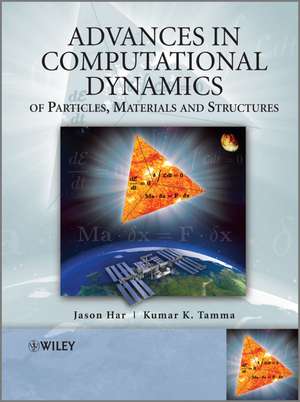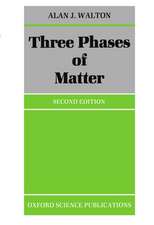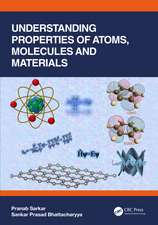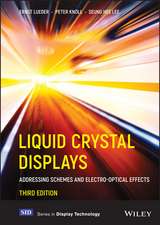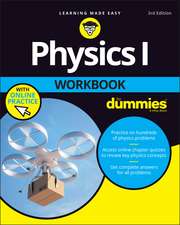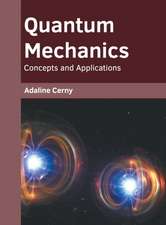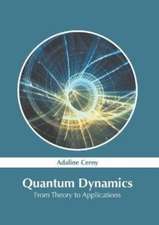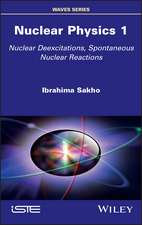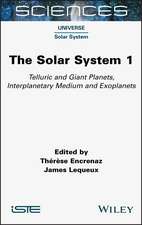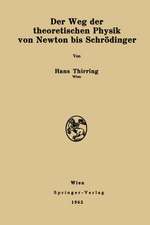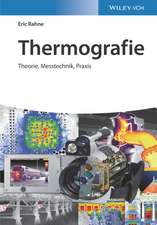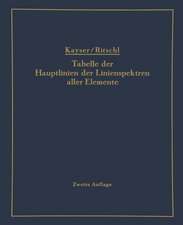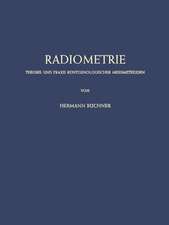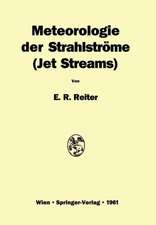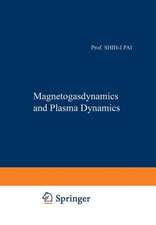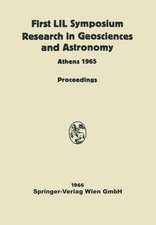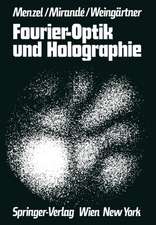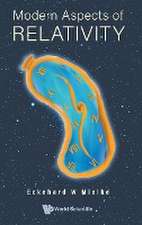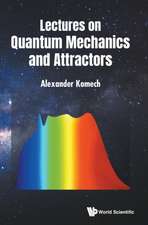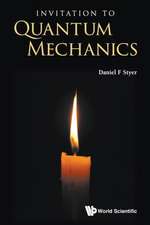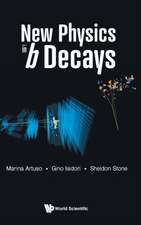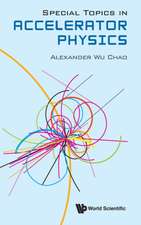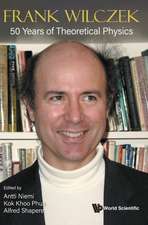Advances in Computational Dynamics of Particles, Materials and Structures
Autor J Haren Limba Engleză Hardback – 26 iul 2012
Computational methods for the modeling and simulation of the dynamic response and behavior of particles, materials and structural systems have had a profound influence on science, engineering and technology. Complex science and engineering applications dealing with complicated structural geometries and materials that would be very difficult to treat using analytical methods have been successfully simulated using computational tools. With the incorporation of quantum, molecular and biological mechanics into new models, these methods are poised to play an even bigger role in the future.
Advances in Computational Dynamics of Particles, Materials and Structures not only presents emerging trends and cutting edge state-of-the-art tools in a contemporary setting, but also provides a unique blend of classical and new and innovative theoretical and computational aspects covering both particle dynamics, and flexible continuum structural dynamics applications. It provides a unified viewpoint and encompasses the classical Newtonian, Lagrangian, and Hamiltonian mechanics frameworks as well as new and alternative contemporary approaches and their equivalences in [start italics]vector and scalar formalisms[end italics] to address the various problems in engineering sciences and physics.
Highlights and key features
- Provides practical applications, from a unified perspective, to both particle and continuum mechanics of flexible structures and materials
- Presents new and traditional developments, as well as alternate perspectives, for space and time discretization
- Describes a unified viewpoint under the umbrella of Algorithms by Design for the class of linear multi-step methods
- Includes fundamentals underlying the theoretical aspects and numerical developments, illustrative applications and practice exercises
The completeness and breadth and depth of coverage makes Advances in Computational Dynamics of Particles, Materials and Structures a valuable textbook and reference for graduate students, researchers and engineers/scientists working in the field of computational mechanics; and in the general areas of computational sciences and engineering.
Preț: 1049.07 lei
Preț vechi: 1152.82 lei
-9% Nou
200.75€ • 214.66$ • 167.37£
Carte tipărită la comandă
Livrare economică 18 aprilie-02 mai
Specificații
ISBN-10: 0470749806
Pagini: 710
Dimensiuni: 196 x 252 x 38 mm
Greutate: 1.32 kg
Editura: Wiley
Locul publicării:Chichester, United Kingdom
Public țintă
Researchers and engineers using computational mechanics, g raduate students, d evelopers of numerical methods in computational mechanicsNotă biografică
Dr. Jason Har is a Research Associate working with Professor Tamma at the University of Minnesota. He received his Ph.D from Georgia Tech. His areas of research are finite element developments, computational structural dynamics and mechanics.
